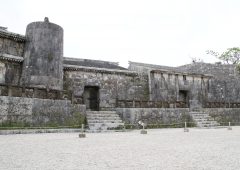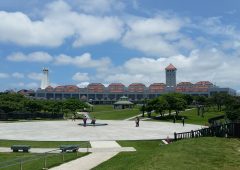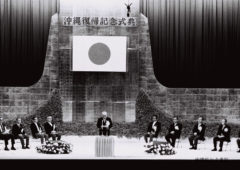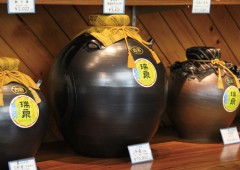2013.07.18
Japan voters head to polls on Sunday
Sunday promises to be a big day for Prime Minister Shinzo Abe, as he keeps a watchful eye on voters turning out for the House of Councilors election, wanting to believe he’s going to get a strong mandate from the people to continue his economic development programs, dubbed Abenomics, by some.
Abe’s making the rounds of key areas, including Okinawa, after starting in Fukushima Prefecture, an area slammed by the March 2011 earthquake, tsunami and nuclear disaster. “We cannot proceed with reconstruction and economic revival if the Diet remains divided,” says Abe, “and I want to end that.” Abe is promising to revitalize the economy if his LDP candidates are put into office Sunday.
The Democratic Party of Japan, which lost power to Abe last year, is hitting Abe for his tactics. “Japan is now standing at a turning point,” says Banri Kaieda, head of the DPJ. “It will be too late if we come to regret having moved in the wrong direction,” speaking of Abe’s policies.
Half the 242 seats in the Upper House go before the voters each three years with a combination of proportional and district representation. For Sunday’s election, a total of 433 candidates are vying for the 121 seats. The LDP and its junior coalition partner, New Komeito, must win 63 seats to secure a majority in the Upper House, in which they already hold 59 seats not being contested in this election.
Abe’s trying to turn two decades of deflation into mild inflation, through his Abenomics economic policies. He proudly points to the stock market as evidence his policies are working. “The Real economy has been improving,” he says, “and we have no other way to beat deflation.” Opposition parties are railing in the opposite direction, arguing about possible downsides such as higher consumer prices at a time before wage increases catch up.

 2024.07.07
2024.07.07 2024.06.21
2024.06.21 2024.05.15
2024.05.15 2024.02.07
2024.02.07 2024.01.31
2024.01.31 2023.11.02
2023.11.02 2023.10.26
2023.10.26 2023.09.29
2023.09.29 2023.09.01
2023.09.01






